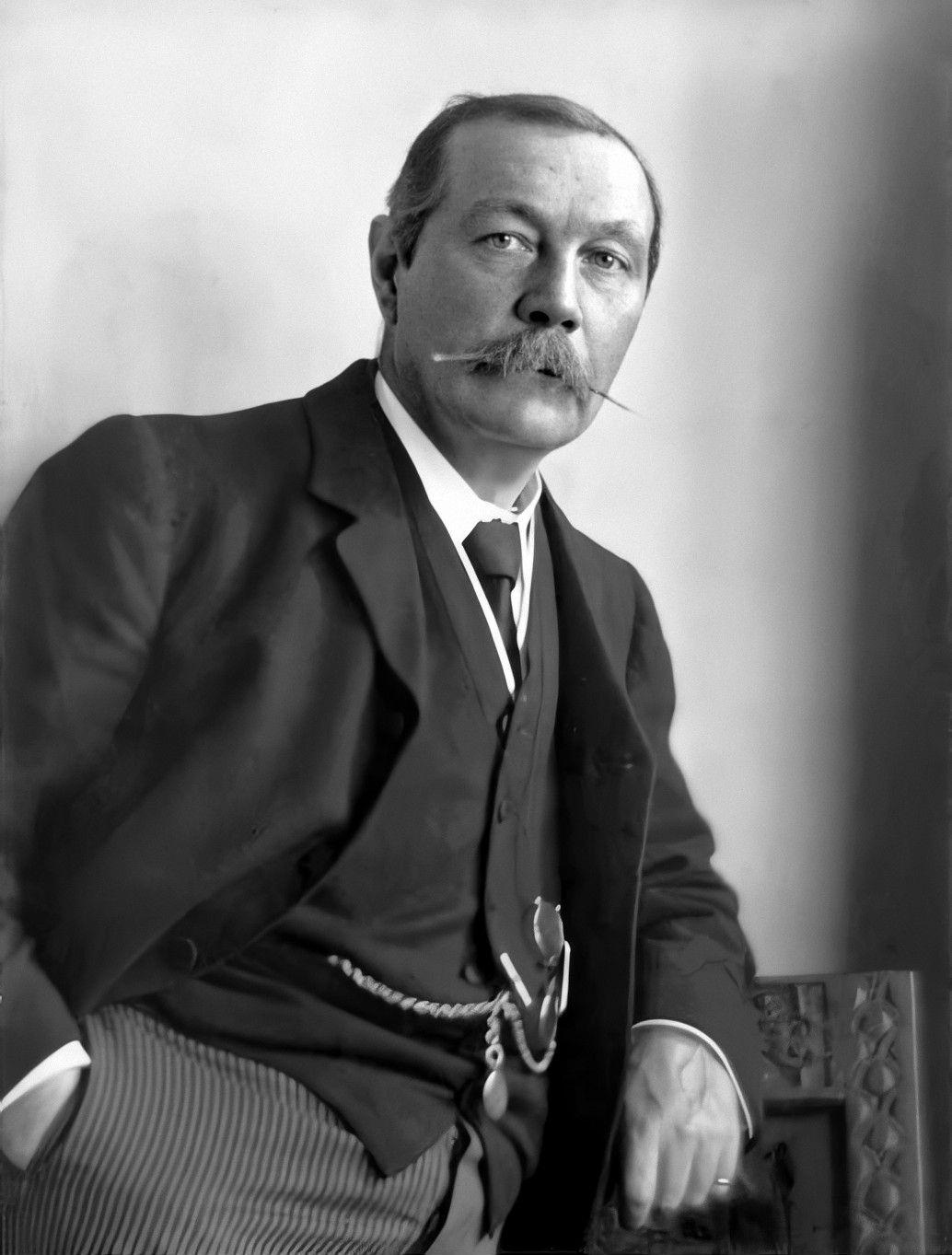Reply to the Toast to Literature
Friday 6th December 1901
Summary of the Speech:
Full text from our 8th Annual Dinner linked below.
Dr Arthur Conan Doyle responds to the toast to “Literature” with a passionate and eloquent tribute to imaginative writing, anchored by a deep admiration for Sir Walter Scott.
He begins by admitting the immensity of the subject and narrows his focus to imaginative literature, calling it a sacred and mysterious gift that allows writers to bring the unseen to life. This, he argues, is independent of learning or academic prowess—it is an innate creative power that even the unlettered might possess.
Using Scott as the prime example, Doyle praises his unparalleled ability to reconstruct historical eras with vivid realism. He highlights Count Robert of Paris as a personal favourite, particularly for its evocation of 13th-century Byzantium. Even seasoned scholars, he notes, were astounded by Scott’s insight.
Doyle questions why no modern writer has equalled Scott, dismissing common excuses like the fast pace of writing, commercial motivations, or writing for public taste. He concludes simply that Scott’s genius was exceptional: “there is nobody with Sir Walter’s brains.”
He underscores that Scott’s excellence was rooted in his deep immersion in the literature and history of the past—he began writing fiction at 43, already steeped in knowledge. Doyle suggests this is why so many great novelists began late in life; time and lived experience are essential to writing truthfully about life.
He then advocates for “literary retreats”—intentional periods of solitude and immersion in the classics, as a remedy for the frenzied, superficial nature of modern life and literature. He calls for a return to the “serene pages of Gibbon” and older, more reflective writers.
Doyle ends with generous praise for the Chairman's earlier speech about Scott, and holds up Scott not only for his literary skill, but for his noble character, declaring that Scott never “sullied his page by one line he would wish to withdraw.”
Interesting and Noteworthy Points
- Imaginative literature as a mystery: Doyle distinguishes sharply between imagination and erudition, highlighting the former as the true essence of creative writing.
- Count Robert of Paris: Doyle's championing of this often-criticised novel is unexpected. He places it at the forefront of Scott’s work for its historical world-building.
- Scott's legacy: Doyle insists that no external condition explains the absence of a new Scott—not publishing pace, money, or public taste—but rather the rarity of such profound intellect and character.
- Late blooming authors: He makes a compelling argument that life experience is essential to great fiction, citing Scott, Thackeray, George Eliot, Charles Reade, and Richardson.
- Critique of modern literature: With phrases like “the literature of St Vitus’ Dance,” Doyle mocks the restless and fragmentary quality of contemporary writing, advocating instead for timeless, nourishing prose.
- Literary retreat: His idea of a retreat—a hut, a shelf of old books, and solitude—is delightfully vivid and still resonates as advice for writers and readers alike.
- Moral admiration for Scott: More than just a stylist, Scott is held up as a model of integrity and generosity, a contrast to the often cynical figure of the modern author.
Download the [transcript] or read the [bulletin]



